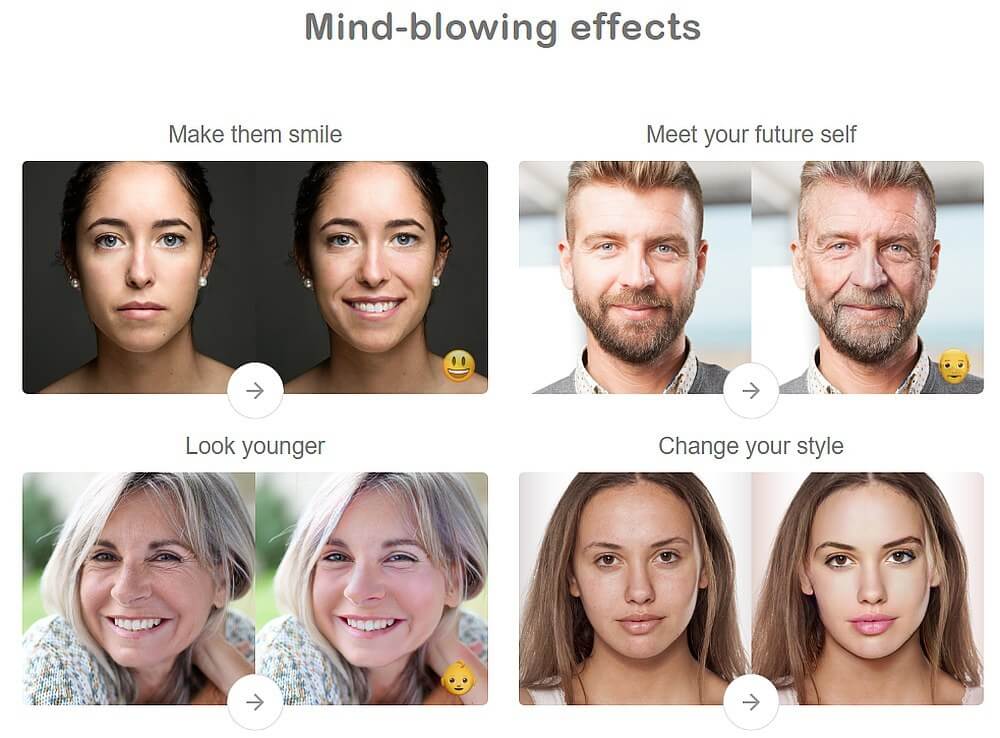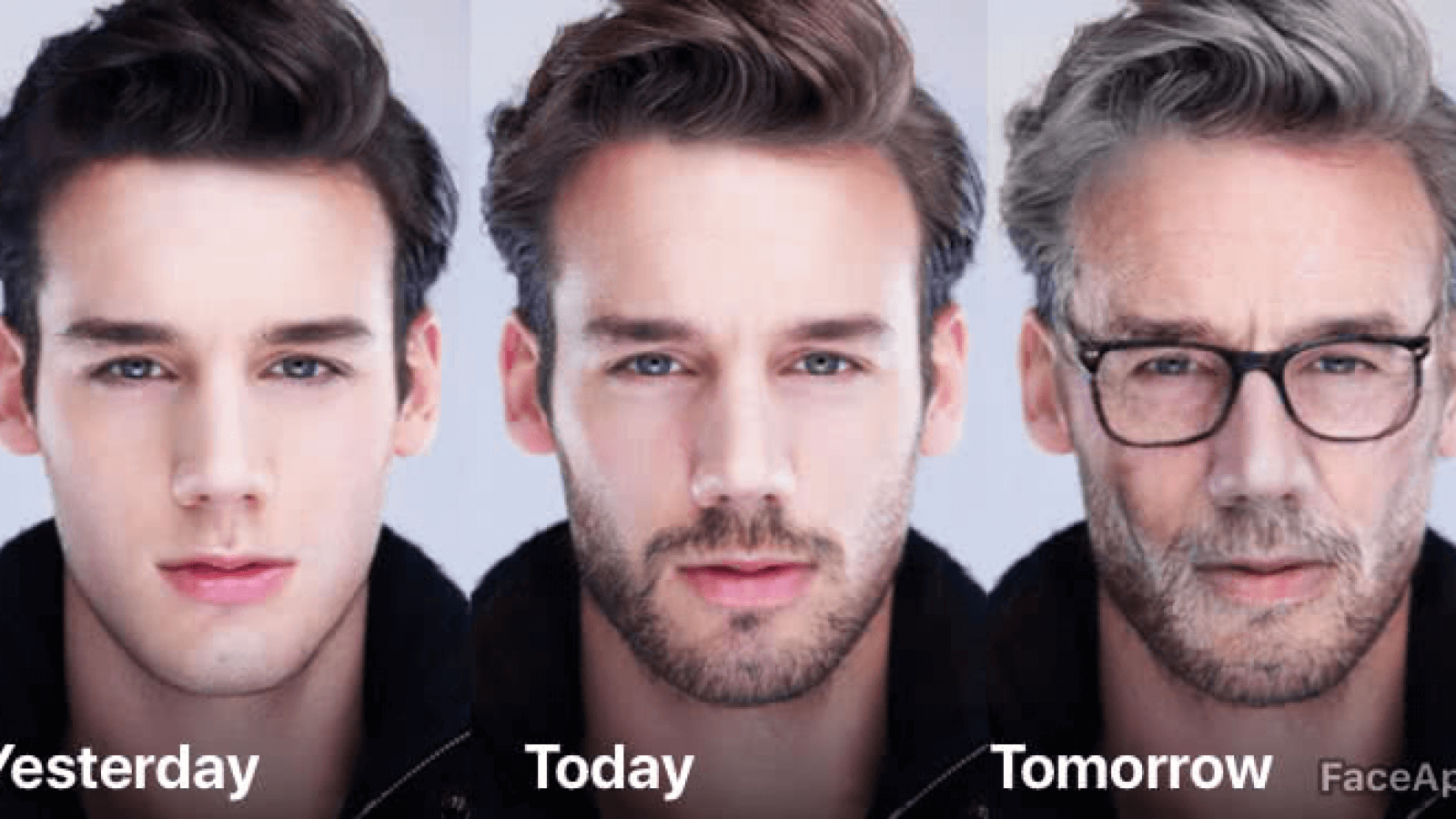In context: You've probably noticed that FaceApp has once again gone viral. The photo-editing app's ability to realistically age people has seen its popularity surge, but privacy concerns over the Russian-developed program have resulted in calls for it to be investigated by the FBI and FTC.
Most social media users will have noticed what looks like the cast of Cocoon appearing on their feeds recently, with over 100 million people turning themselves into their parents with FaceApp's scarily convincing aging filter. This is the second time the app has gone viral after it did the same two years ago, mostly thanks to its gender-swapping feature. Now, its abilities have improved.
But not everyone sees FaceApp as a bit of fun. Questions have been asked over whether the application, which has its headquarters in Saint Petersburg, Russia, is stating clearly that users' photos are being uploaded to the cloud for processing, rather than it taking place on the device.

The privacy worries and Russia link prompted U.S. Senate minority leader Chuck Schumer to call for the FBI and Federal Trade Commission to open a national security and privacy investigation into FaceApp, reported Reuters.
"It would be deeply troubling if the sensitive personal information of US citizens was provided to a hostile foreign power actively engaged in cyber hostilities against the United States," he wrote, in a letter to the heads of both organizations.
Additionally, the Democratic National Committee has urged the party's 2020 presidential candidates not to use the app, or delete it immediately if they've already used it.
FaceApp claims it only uploads photos selected by the user for editing, not the entire camera roll, and that "most images are deleted from our servers within 48 hours from the upload date." It does add, however, that it "might" store some of these photos for a short time to improve "performance and traffic."
It's also claimed that no user data is transferred to Russia. Founder Yaroslav Goncharov told TechCrunch that it uses AWS and Google Cloud. "We don't sell or share any user data with any third parties," it adds. Users can also ask that their data is deleted, though the process is far from simple.
While it sounds as if nothing nefarious is taking place, there is one section of the app's terms of service that's causing concern. It states that by downloading the app, users agree to hand over their likeness, voice, persona, name, and user content for commercial use without any compensation, though this isn't the first mobile app to feature such terms.
